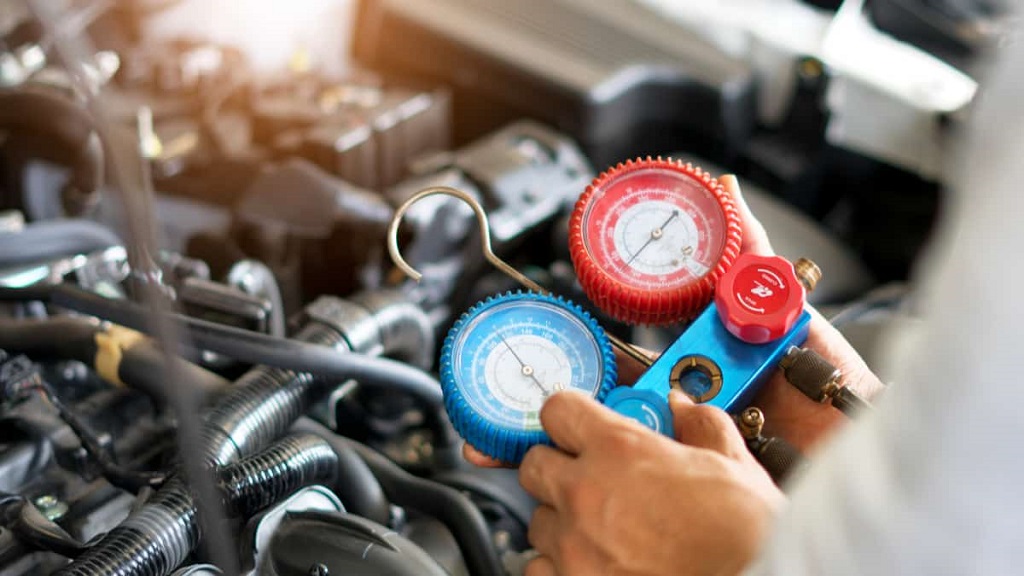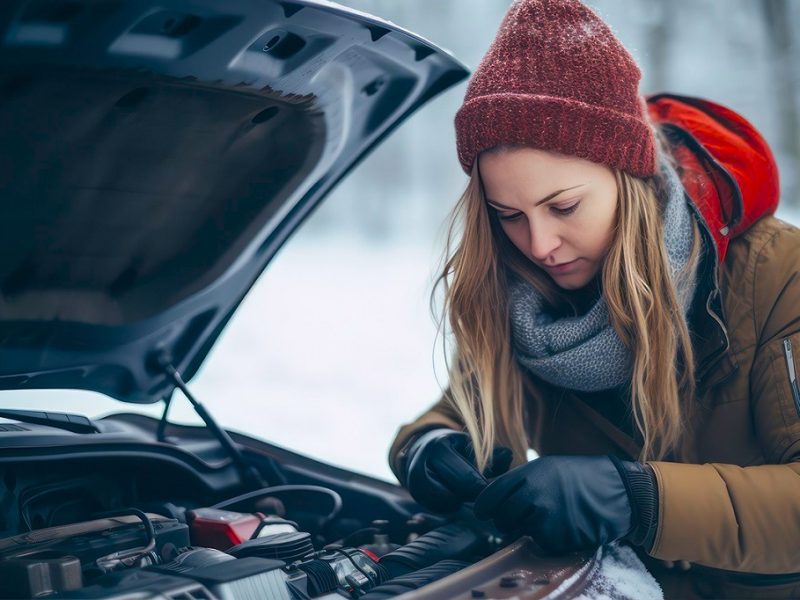Air conditioning repair is about more than just calling in a professional. Many AC problems can be repaired at home with common tools and a little know-how.
Before starting any troubleshooting or repairs, always turn off the power to the unit at the circuit breaker switch. This will prevent injury or electrocution.
Always wear rubber gloves when handling electrical wires. Be especially careful around rodent nests or chewed wires.
Troubleshooting
Many AC problems can be fixed by a homeowner with the right enthusiasm and tinkering skills. However, it’s important to know when to call a professional. If you see water leaking around the unit, have brightly colored stains on your walls and ceilings, or experience other signs of an internal problem like Schrader HVAC valve failure, it’s best to consult a professional air conditioning repair Alma, GA service.
Before calling for an AC repair service, it’s a good idea to check that your thermostat setting is on cool rather than heat and that the blower fan is on. Also, check the circuit breaker in your house’s electrical panel to see if it has been tripped. This often happens if multiple devices are plugged into one switch.
Compressor
The compressor is one of the most important parts of your air conditioner. It circulates and applies energy to your refrigerant, which absorbs heat and humidity from your home, carries it to the condenser unit, and releases it outdoors to keep your house cool.
The first step in this process involves compressing refrigerant gas into a liquid state. This is accomplished by immersing the coil in oil or using a fan.
If you notice your AC running but not cooling the air, it is most likely because of a problem with the compressor. This can be not easy to diagnose, but there are some signs to look for:
Thermostat
The thermostat is the device responsible for regulating the temperature of your home. If you turn it on, but it doesn’t do anything, it may be because it is set to heat instead of cool (or it might be off altogether). It should also be positioned correctly, drafty, or obstructing air flow past the unit.
Thermostats consist of two different pieces of metal bolted together to form a strip known as a bimetallic strip. When the strip gets hot, one of the metals expands more than the other, and this bridge opens up an electrical circuit that switches on your heating system. If this doesn’t happen, the thermostat is probably faulty and needs to be replaced.
Electrical Connections
Large home appliances, like air conditioners, require a lot of electrical power and draw current from your house’s main circuit breaker. That much electrical current can lead to frayed wires if not properly secured.
Look for broken wire casings, split ends, and signs of rodent nests when opening the access panel to your air conditioning unit. If you see any of these issues, call a professional.
Before you do anything else, check your disconnect switch and the fuses in your unit with a multimeter to ensure the power is fully off. You can also use your meter to test each capacitor terminal for voltage. If you get a reading on the lower scale of Ohms, you’re good to go, but a zero or infinity symbol indicates a bad capacitor.
Drain Pan
When your AC has accumulated standing water in its drain pan, it is usually a sign of a clogged drain line. If the clog is not remedied quickly, mold and mildew will begin to grow inside your home.
A clogged drain line can also cause your unit to shut off automatically. Shut down your air conditioner and locate the drain line. Remove the PVC cap from the drain pipe and clear the clog with a wire brush if it is clogged.
A cracked drain pan can rust and corrode over time, leaving your air conditioning leaking water. Clean the drain pan thoroughly, then use a high-quality, water-resistant sealant to fill any cracks. Test the seals by pouring water on the pan when you’re done.







